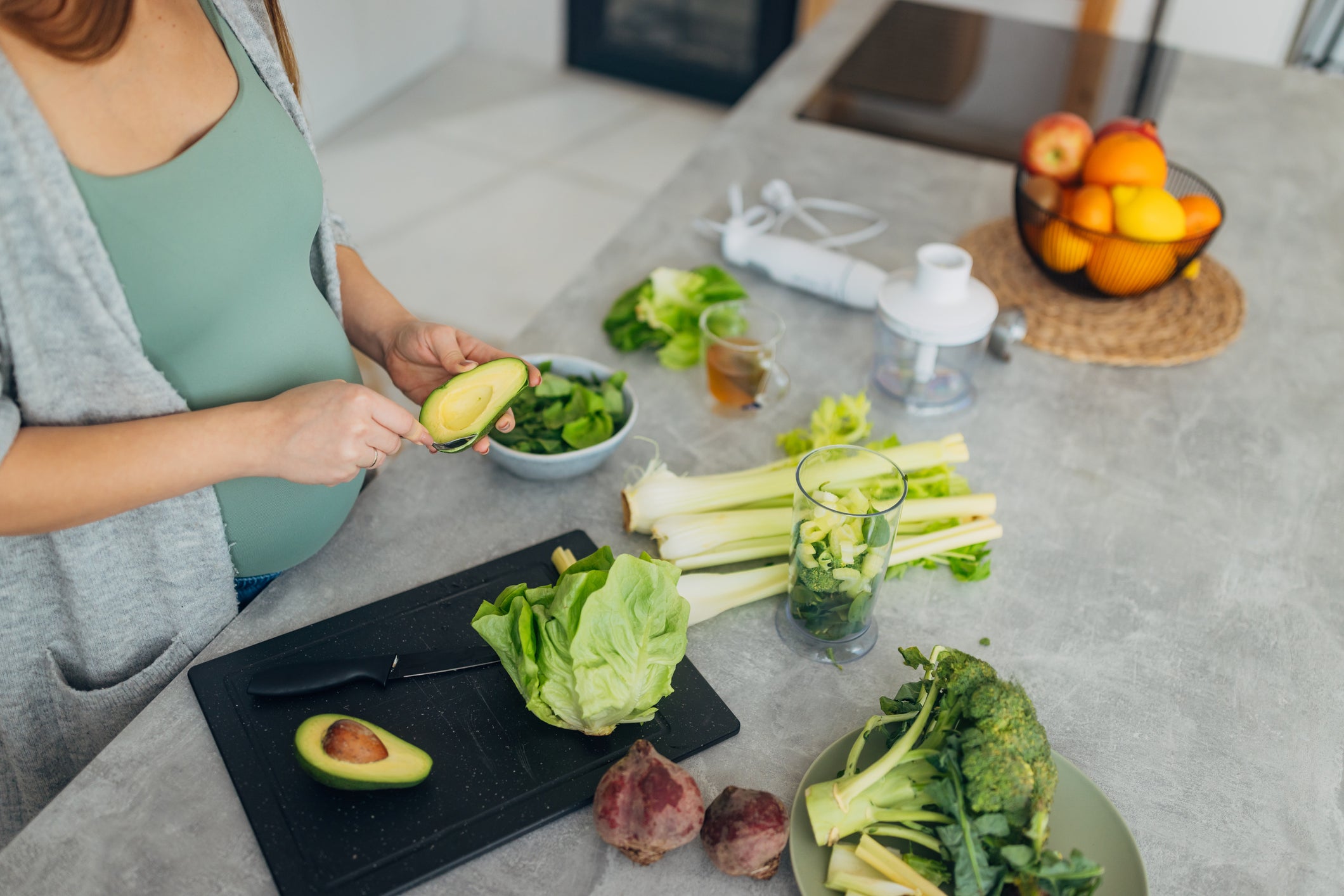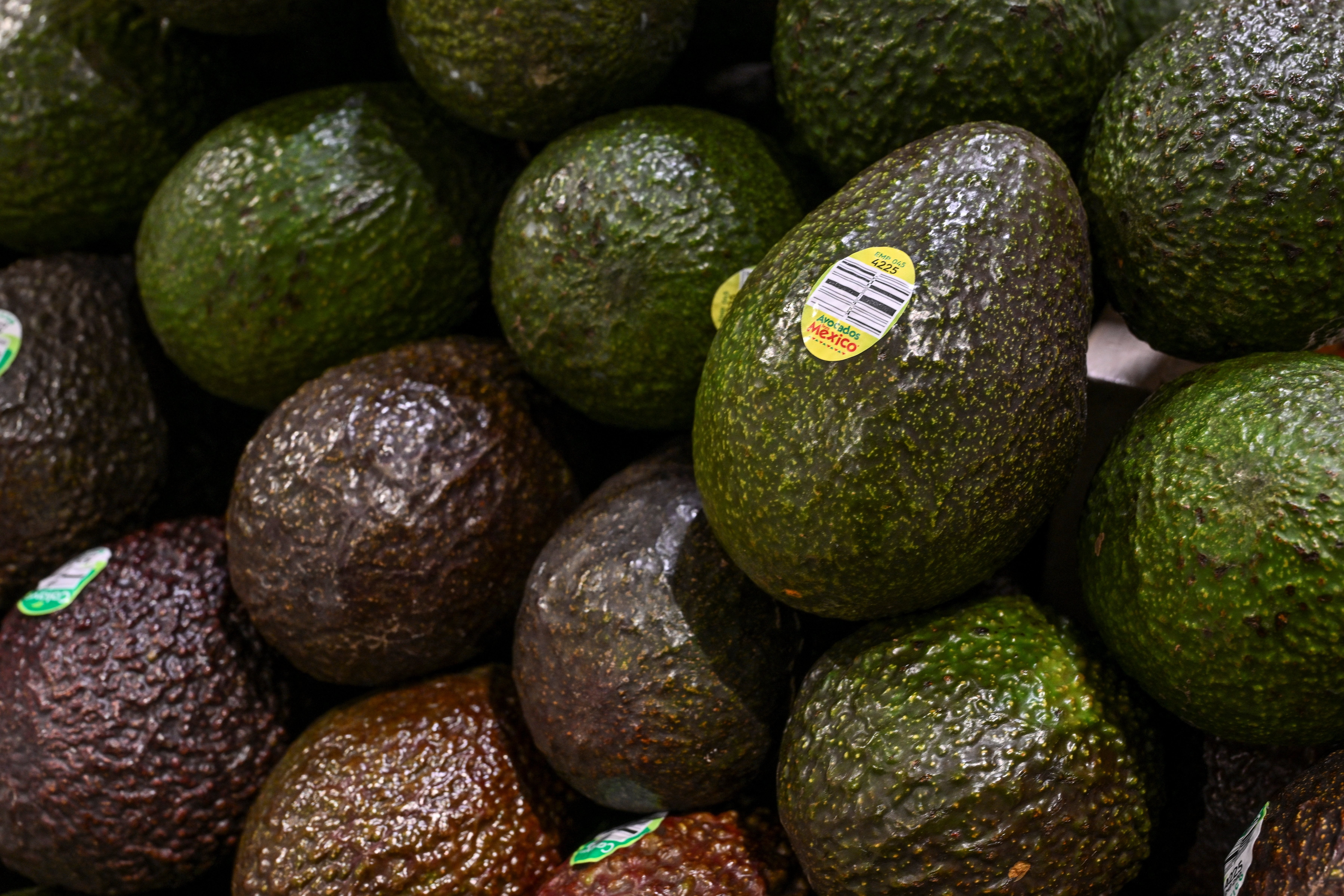ARTICLE AD BOX
Researchers say a simple, common fruit might be the key to preventing a baby from developing a food allergy.
Avocados have been identified as a food to eat while pregnant, that can help reduce that risk, researchers found.
“As a caregiver, the growing prevalence of food allergy feels very scary and out of my control,” Sari Hantunen, of the University of Eastern Finland, said in a statement. “There is no cure for food allergy, but promising prevention and therapeutic strategies are in development as well as emerging research such as this.”
Hantunen is an author of the observational study that was published earlier this month in the journal Nature Pediatric Research. Notably, the study was authored by several members of the Avocado Nutrition Center and Hass Avocado Board. The groups work to grow the world’s scientific understanding of the avocado and expand demand for them in the U.S.

The research
The study is the first to link eating avocados in pregnancy to a lower risk of infant food allergies. To reach these conclusions, the authors examined nearly 2,300 pairs of mothers and their children in Finland. They analyzed data collected from 2013 to 2022, with people reporting their eating habits in a questionnaire. The allergic outcomes of their infants were assessed when the babies were one year old.
Of the mothers who had consumed fresh avocado during their pregnancy, they found that infants had 44 percent lower odds of developing food allergies by the time they turned one year old.
Researchers also found that mothers who had eaten avocado during pregnancy tended to be older at delivery, be less likely to undergo a C-section for birth, were non-smokers, breastfed for a longer duration, had higher diet quality scores and had lower body mass index levels in their first trimester of the pregnancy.
“After adjusting for factors such as maternal and gestational age at delivery, education, diet quality, smoking, alcohol consumption, body mass index in the first trimester, and breastfeeding, food allergy was found to be significantly higher in infants of non-avocado consumers (4.2 percent) versus avocado consumers (2.4 percent),” the Hass Avocado Board said. “No associations were found for other allergic conditions when all other factors were considered.”
More research is needed to understand why they’ve found this to be the case. However, avocados are considered to be a superfood, and have some benefits that may be surprising.
The unseen benefits
Avocados are rich in vitamins C, E, K1, B6, copper, lutein and folate, according to the Cleveland Clinic. Folate and lutein are crucial to fetal brain, heart and eye development, the Hass Avocado Board noted. They’re also low in sugar and high in “good” fats, which can help lower the risk of disease. Plus, they have more potassium than bananas do, according to the Mayo Clinic.
The Dietary Guidelines for Americans recommends pregnant women eat 2.5 to 3.5 cups of vegetables a day. One avocado counts as a cup.
Some people may develop an avocado allergy, when the immune system accidentally identifies proteins in it as harmful. But, the condition is rare.

Food allergies threaten millions
Food allergies are not rare. Nearly 6 percent of U.S. adults and children have a food allergy. More than 170 foods have been the culprits, Food Allergy Research and Education notes. The leading causes of food allergies in the U.S. are milk, eggs, fish, shellfish, tree nuts, peanuts, wheat, soybeans and sesame.
Food allergies can come with deadly consequences. They’re responsible for approximately 30,000 visits to the emergency room and between 150 and 200 deaths each year.
The prevalence of food allergies in children has been rising, with roughly two children in every classroom affected by them. The Hass Avocado Board cited this statistic as a reason for the study.
“Based on these findings, it’s encouraging to know that eating avocados may provide even more value to maternal and children’s health, beyond the benefits that have already been established through scientific research,” said Hantunen.









 English (US) ·
English (US) ·